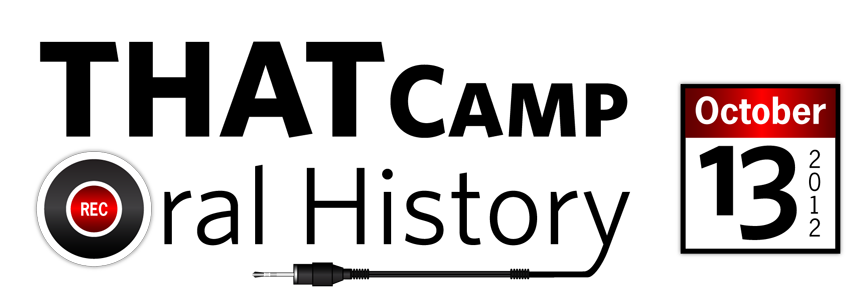Hi everyone, I wrote this awhile ago and thought I’d share. Hopefully this will be helpful for anyone new to the unconference format. More information is available here: www.digitalculture.org/hacking-the-academy/hacking-institutions/
Getting the most out of an unconference | James Calder
Over the past couple of years, I have been fortunate enough to be able to attend several “unconferences”, both locally and nationally. I say fortunate because these experiences have opened my eyes to how amazing the unconference format can be. I cannot think of a better way to share ideas, make personal and professional connections and generally have an extremely productive yet enjoyable time. That being said, the unconference format can be challenging and confusing, especially for those used to a more traditional conference model. Sharing some of my unconference experiences might make things a little easier.
Participation
Participation is by far the most important factor in determining whether or not an unconference will be successful. For the organizer, it is essential to get people together that truly want to be involved. For the attendee, an unconference is one of those situations where you really get back what you put in. The best sessions by far had the feel of an engaging graduate seminar class, with contributions coming from everyone and where there was freedom for even the topic to evolve with the discussion. In other words, everyone came to participate.
I will also point out that while its completely natural to spend the majority of your preparation time on your own presentation, my experience suggests that bringing thoughtful questions to other presentations is equally important. The the best thing about an unconference is that professionals are able to come together and discuss real issues face to face. So don’t loose sight of the fact that your input could be the difference between moving someone else’s project forward, perhaps in ways they never expected. Related to this, make sure to pay attention to the other participants’ blog/website postings and comments leading up to the conference (this, of course, being dependent on the unconference having a blog or website). Knowing what other people are thinking about before the event can jump start discussion in a powerful way.
What to propose?
Another common question for prospective unconference participants is what to propose.
The most important thing I learned about unconference proposals, as both a presenter and an audience member, is that interactivity is essential. No one wants to sit around and be read to, especially when its possible to give them a chance to react and share their own ideas.
Along with this, it cannot be stressed enough that big ideas should be welcome. Even if these ideas, as is often the case, are challenging to define, explain or put into practical terms. Remember that because these discussions can be free flowing, there is no need to arrive at the unconference with predetermined conclusions. Simply asking the interesting question is all that is required.
On the other hand, some great sessions were remarkably down to earth and practical. This was especially true when talking about technology, coding, implementation of new tools, etc. The point is, while “big ideas” are encouraged, practicality and pragmatism are also important components to many excellent proposals.
Enjoy yourself
The unconference model allows for relatively informal discussions to take place. Also, because everyone is technically a presenter, many of the hierarchies found in some more traditional conferences are eased. I would advise everyone attending an unconference to take advantage of this. Make connections with people from different levels of seniority or experience. I’ve found that the more people enjoy themselves, the better the conversations flow which, in turn, leads to better discussion and a more successful event. So have fun.

Thank you for organizing this ThatCamp. Where did you want the proposals to be posted?
Thank you for signing up! Proposals can be posted right in this section. If you’re having any trouble, please let me know.
Thanks,
Jim
Thanks, Jim. I’ll be posting one sometime this week. — Arjun
Pingback: About posting your session | THATCamp Oral History Association 2012